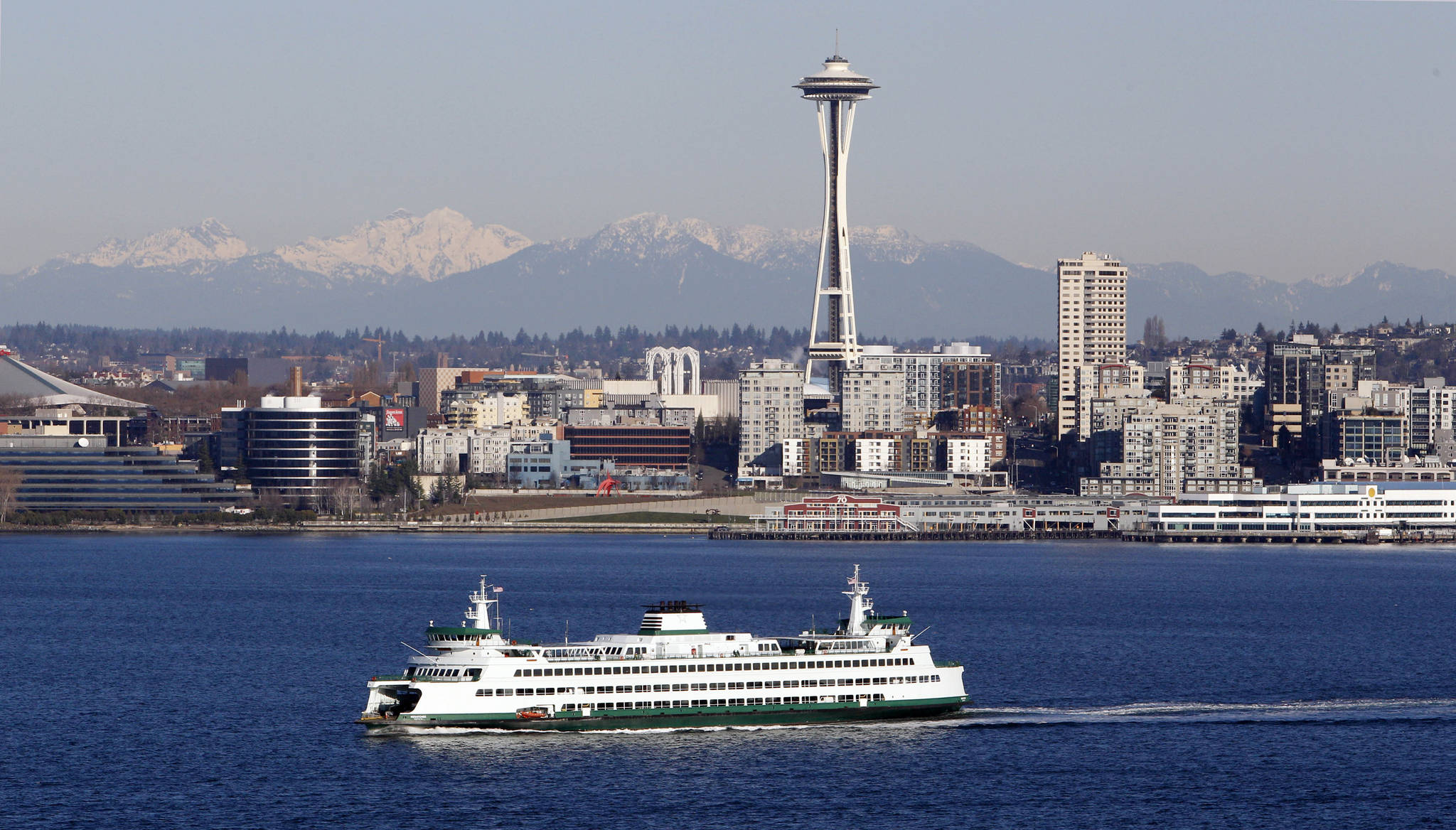After years of rising housing costs, an explosion of homelessness, and communities being priced out of cities and urban counties, the region’s wealthiest companies and CEOs are at last acknowledging the housing crisis.
Presidents and CEOs of some of the area’s largest corporations, including Amazon’s Jeff Bezos, Kevin Johnson of Starbucks, and Kevin McAllister of Boeing, along with 14 other companies, announced the creation of Challenge Seattle, an organization designed to increase moderately priced housing. A report issued by the organization, which also partnered with cities and King County, said the housing crisis is making it harder for companies to attract and retain employees. “We are at risk of losing our economic edge. Our relatively low cost of doing business and our high quality of life have helped make us a global center of innovation and allowed us to attract and retain leading businesses and talent from around the world. If we do not act, we risk our economic future,” the report said.
Unlike many other housing strategies, Challenge Seattle’s proposal focuses on middle-income housing. Though housing stock has been created at twice the national rate from 2008 to 2017, the report said that in the same period, median home values increased by 58 percent compared to 19 percent nationally.
This has priced many people out and driven moderate-income employees in both public and private jobs to live further from their jobs in areas they can afford—driving many public employees, like first responders and teachers, out of the communities they serve. As middle-income people are forced from expensive cities, the report said, this also hurts low-income households, who must compete for affordable housing with middle-income earners.
In response, Challenge Seattle listed ways both municipalities and companies could help address middle-income housing: “The private sector must step up in new ways—particularly to provide low-cost capital and affordable land. The public sector must adopt smart policies and regulations that break down barriers.” Among other suggestions: discounting the cost of land or donating it outright for housing, which could lower the total development cost 15 to 30 percent. Washington state is the fifth most expensive state in the country in which to buy land. Alternatively, landowners could provide long-term leases at below market rates.
Cities could change zoning to increase density. In Seattle some 75 percent of residential land is zoned for single-family houses, compared to only 40 percent in other large cities like Chicago, Brooklyn, and Boston, the report said. Cities could further allow subdivisions to create cottage housing on existing plots of land, and dense transit-oriented development should be encouraged near transit corridors. Cities could additionally extend housing tax incentives to middle-income developments, like those currently offered in many places, including the low-income-housing tax credit or the multifamily tax exemption, which give property developers a break on taxes in exchange for creating a certain amount of affordable units.
While the organization’s recommendations are nonbinding, King County Executive Dow Constantine and several mayors (including those of Seattle, Federal Way, Bellevue) have signed onto it. Challenge Seattle is being headed by former Governor Christine Gregoire.
Challenge Seattle comes after Microsoft announced earlier this month that it would provide $500 million to subsidize middle-income housing across the county. Some $225 million was specifically earmarked for subsidizing middle-income housing in several cities and another $250 million would be used to promote low-income housing across King County. The remaining $25 million will go to philanthropic grants addressing homelessness.
It also comes in the wake of last year’s Seattle City Council passage and then repeal of an employee head tax on large employers. The tax would have levied a $275-per-employee tax on large corporations in the area to fund affordable housing, homelessness services, and emergency shelters. Predicted to raise $47 million annually, it was repealed before it went into effect. The opposition to the head tax was organized and funded by several of the organizations now involved in Challenge Seattle, including Amazon, Alaska Airlines, and Starbucks.
This story originally appeared in the Seattle Weekly, a sibling paper of The Daily Herald.
Talk to us
> Give us your news tips.
> Send us a letter to the editor.
> More Herald contact information.

























